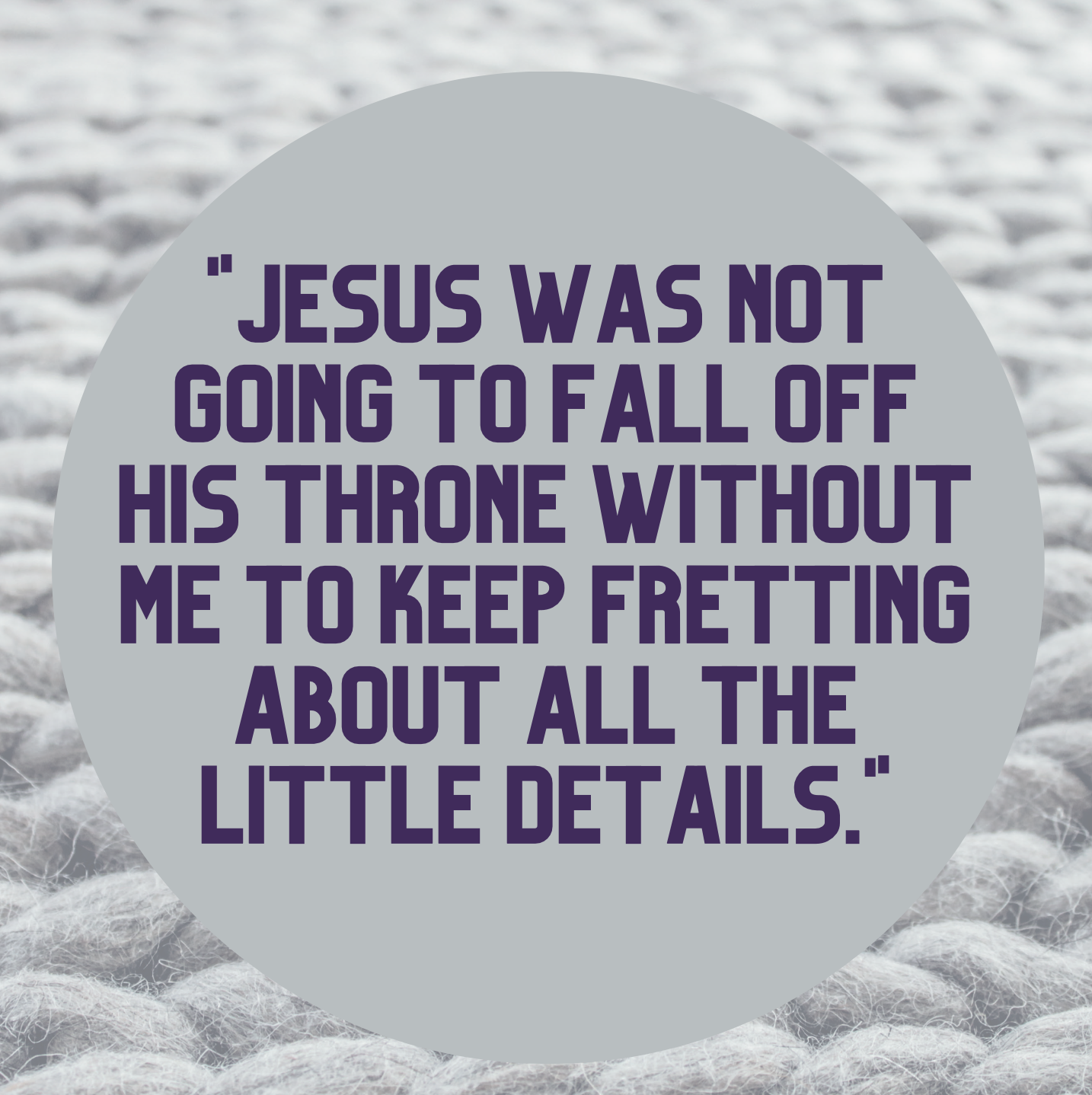Taking time off for mental health leave was one of the hardest things I’ve had to do in twenty years of ordained ministry. I was embarrassed to admit that I wasn’t okay, and saying the words for the first time took courage. But there was another problem that held me back from taking the time I needed to start healing. I was convinced that I was so essential that I was too busy to take time off.
Whenever I take vacation time, I spend a couple of weeks beforehand to ‘clear my desk’ and get ready to take time off. Some parts of that preparation are necessary, like arranging for Sunday services and emergency pastoral care. But I also want to make sure that nothing falls apart while I’m gone. When I took a sabbatical, I left a whole binder of notes for the priest who would be covering for me. As my body was telling me that I needed to take time off for my health, my first reaction was to start thinking about how much time I’d need to prepare to take mental health leave.
Except it doesn’t work like that. Crises usually happen without warning, and a mental health crisis is no different. If I had gotten COVID-19 or had a heart attack, I wouldn’t have had time to make lots of preparations to recover, and no one would have expected me to. All I could do to prepare for this leave was send a list of passwords to Church House, so that those who needed to could access the computer systems to keep things running. I had to trust that everything that was important would be taken care of, and that the things that didn’t get taken care of might not be that important after all.
And it turns out I wasn’t as irreplaceable as I thought! I am grateful for the efforts of the wardens, treasurer, and vestry of my parish, to say nothing of the clergy who stepped in to provide ministry while I was on leave. Even so, I spent the first two weeks of leave reminding myself that it wasn’t my job to worry about what was getting done or not done without me. Jesus was not going to fall off his throne without me to keep fretting about all the little details.
Mental health leave was a lesson in humility for me. I learned that many of the little tasks I did or fretted over might not have actually been my responsibility, and could easily have been delegated to others. I learned that some of my anxiety came from trying to seem irreplaceable when what I was really worried about was job security.
These are problems that many of the clergy deal with, and they create problems and anxiety for people in other fields and areas of work. It shouldn’t take a crisis for us to have to come to grips with the question of ‘what would happen if I wasn’t able to go to work tomorrow.’ But sometimes this kind of crisis can help us see our priorities and responsibilities with better clarity.
Mental health struggles can seem overwhelming, but with help, they can be dealt with. One of the hardest parts is admitting that something isn’t right. If you or someone you know is experiencing a mental health crisis, you can get help by calling 811. More support and resources are available online at nl.bridgethegapp.ca.


